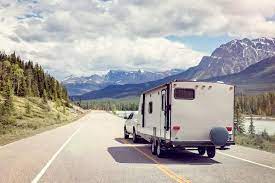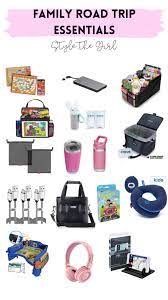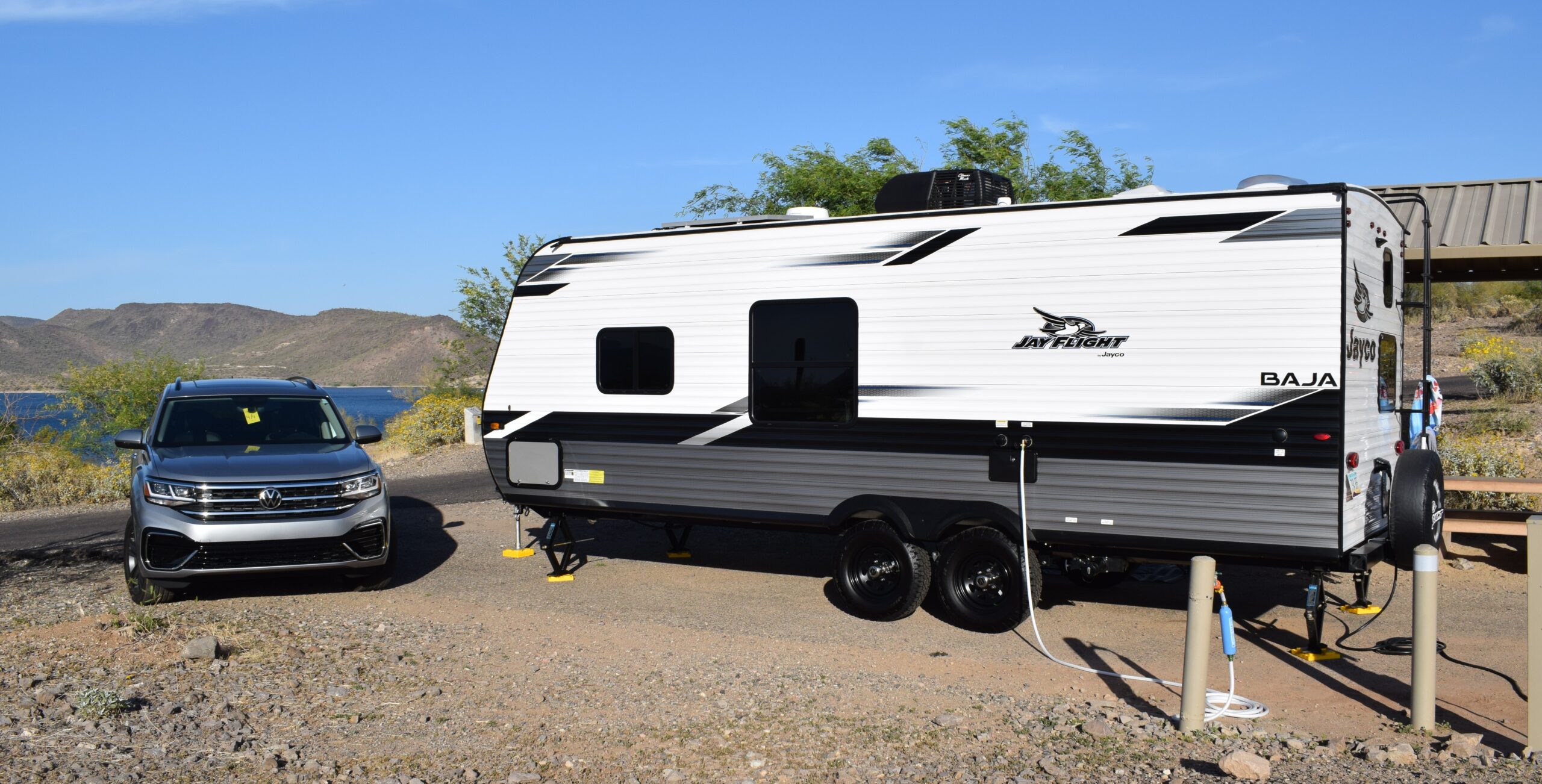Plan Your RV Journey
Embarking on an RV journey is a thrilling adventure that offers the freedom to explore new destinations at your own pace. Whether you’re a seasoned traveler or a first-time RVer, careful planning can enhance your experience and ensure a smooth trip. Here are some essential tips to help you plan your next RV journey:
Choose Your Destination
Decide where you want to go and what type of experience you’re looking for. Are you drawn to national parks, coastal drives, or charming small towns? Consider factors like weather, road conditions, and local attractions when selecting your destination.
Select the Right RV
Choose an RV that suits your travel style and group size. Options range from compact campervans to spacious motorhomes with all the comforts of home. Make sure the RV is well-maintained and equipped with essentials like bedding, kitchen supplies, and safety equipment.
Create an Itinerary
Outline a rough itinerary including planned stops, driving routes, and activities along the way. Be flexible to allow for spontaneous detours or extra time at favorite spots. Consider campground reservations, especially during peak travel seasons.
Pack Wisely
Pack essentials such as clothing layers, toiletries, first aid kit, camping gear, and any specialized equipment for outdoor activities. Don’t forget important documents like driver’s license, insurance papers, and reservation confirmations.
Stay Organized
Maintain a checklist for departure and arrival tasks to ensure nothing is overlooked. Keep your RV tidy by storing items securely while in motion and utilizing storage compartments efficiently.
Prepare for Emergencies
Familiarize yourself with basic RV maintenance tasks and emergency procedures. Carry necessary tools, spare parts, roadside assistance information, and a communication device in case of unexpected situations on the road.
Enjoy the Journey
Remember that the journey is as important as the destination. Take time to savor scenic views, connect with fellow travelers, try local cuisine, and embrace the sense of freedom that comes with RV travel.
By following these tips and planning ahead, you can set off on an unforgettable RV journey filled with exploration, relaxation, and memorable experiences along the way.
7 Key Questions Answered for Planning Your Ultimate RV Journey
- 1. How do I choose the right RV for my journey?
- 2. What are the essential items to pack for an RV trip?
- 3. How should I plan my itinerary for an RV journey?
- 4. Are there any tips for first-time RV travelers?
- 5. What safety precautions should I take while traveling in an RV?
- 6. How do I find and book campgrounds along my route?
- 7. What are some common maintenance tasks to perform on an RV before a trip?
1. How do I choose the right RV for my journey?
When considering how to choose the right RV for your journey, it’s essential to assess your travel preferences, group size, and desired amenities. Start by determining the type of experience you seek – whether it’s a compact campervan for easy maneuverability or a spacious motorhome with ample living space. Consider factors like sleeping arrangements, kitchen facilities, bathroom amenities, and storage capacity to ensure comfort on the road. Additionally, think about your driving comfort level and any specific features you prioritize, such as off-road capabilities or luxury upgrades. By carefully evaluating these aspects, you can select an RV that aligns with your travel needs and enhances your overall journey experience.
2. What are the essential items to pack for an RV trip?
When preparing for an RV trip, it’s crucial to pack essential items that will ensure a comfortable and enjoyable journey. Some key items to include in your packing list are clothing suitable for various weather conditions, toiletries, first aid kit, camping gear such as lanterns and outdoor chairs, kitchen supplies like cookware and utensils, bedding including sheets and pillows, and any specialized equipment needed for outdoor activities you plan to engage in. Additionally, don’t forget important documents such as your driver’s license, insurance papers, reservation confirmations, and any necessary maps or travel guides. Packing these essential items will help you be well-prepared for your RV adventure and make the most of your travel experience.
3. How should I plan my itinerary for an RV journey?
Planning your itinerary for an RV journey requires a balance between structure and flexibility. Start by outlining key destinations you want to visit and the route you will take to reach them. Consider factors like driving distances, road conditions, and local attractions to ensure a realistic schedule. Allow for extra time at must-see locations and be open to spontaneous detours along the way. Remember to factor in rest stops, meals, and overnight stays at campgrounds or RV parks. By creating a well-thought-out itinerary that offers room for adjustments, you can make the most of your RV journey while enjoying the freedom of the open road.
4. Are there any tips for first-time RV travelers?
For first-time RV travelers, there are several valuable tips to ensure a successful and enjoyable journey. It’s essential to start by selecting the right RV that suits your needs and comfort level. Familiarize yourself with the operation of the vehicle, including driving dynamics and setting up camp. Planning ahead with a detailed itinerary, packing essentials, and staying organized can help streamline your travel experience. Additionally, being flexible and open to new adventures while on the road can lead to unexpected discoveries and memorable moments. Lastly, don’t hesitate to seek advice from experienced RVers or rental companies for additional guidance tailored to first-time travelers.
5. What safety precautions should I take while traveling in an RV?
When traveling in an RV, it is crucial to prioritize safety at all times. To ensure a secure journey, there are several key safety precautions to consider. First and foremost, make sure to perform regular maintenance checks on your RV, including brakes, tires, lights, and engine systems. Always wear seat belts while driving and secure loose items inside the vehicle to prevent accidents. Familiarize yourself with the RV’s emergency procedures and safety features, such as fire extinguishers and smoke detectors. Additionally, be mindful of weather conditions, road closures, and campground regulations to avoid potential hazards. By staying vigilant and prepared for any situation, you can enjoy a safe and worry-free RV adventure.
6. How do I find and book campgrounds along my route?
When planning your RV journey, a common question that arises is, “How do I find and book campgrounds along my route?” Fortunately, there are several resources available to help you locate and secure campground accommodations for your trip. Utilizing online platforms such as campground booking websites, apps, and travel guides can provide you with a wealth of information on campgrounds along your route. These tools allow you to filter search results based on amenities, location, pricing, and availability, making it easier to find the perfect campground that suits your preferences. Additionally, many campgrounds offer online reservation systems that allow you to book your site in advance, ensuring a hassle-free experience when you arrive at your destination.
7. What are some common maintenance tasks to perform on an RV before a trip?
Before embarking on an RV journey, it’s essential to prioritize maintenance tasks to ensure a safe and smooth trip. Some common maintenance tasks to perform on an RV before hitting the road include checking tire pressure and tread depth, inspecting brakes and lights for proper functionality, testing the battery and electrical systems, examining seals and seams for leaks, verifying propane levels and appliances, flushing and sanitizing the water system, and servicing the generator if applicable. By addressing these maintenance tasks proactively, RV travelers can minimize the risk of unexpected breakdowns and enjoy a worry-free adventure on the open road.



